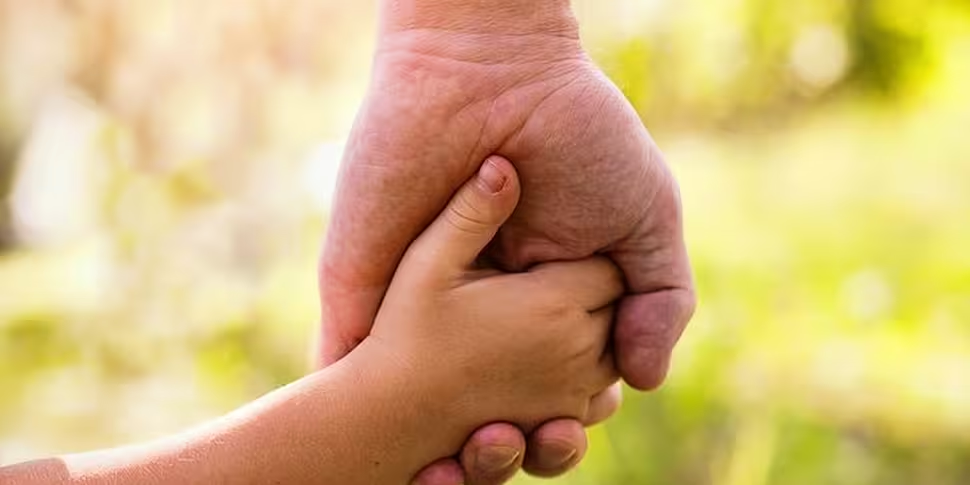The number of approved intercountry adoptions into Ireland has plummeted over the past decade, dropping by more than 80%.
In that year permission was granted to 397 prospective parents to adopt children from 12 countries, including places as diverse as Kazakhstan, Thailand and Mexico.
New figures obtained under the Freedom of Information Act show that in the first 10 months of 2016 permission was granted for just 49 children from outside Ireland to be adopted by Irish parents.
The average of five adoption approvals being given each month in 2016 is an 85% drop on the average 33 approvals given each month in 2008.
The process
Would-be parents wishing to adopt from overseas are first required to undergo an assessment from by child and family agency Tusla before obtaining a 'Declaration of Eligibility and Suitability' from the Adoption Authority of Ireland (AAI).
"It is effectively a licence that allows the bearer to adopt a child," explains Patricia Carey, CEO of the AAI.
"[It] is a statement that you have been assessed by the State authorities as eligible and suitable to adopt a child. It does not guarantee that you will have a child placed for adoption with you."
The number of declarations granted for intercountry adoptions hit a decade-long low of 34 in 2014 before climbing to 82 in 2015.
Restrictions
This slowdown in adoption rates is tied to the introduction of the 2010 Adoption Act, which put the Hague Adoption Convention - a set of international rules that protect children and prospective parents going through adoption procedures - onto the Irish statute books.
This has cut off access for Irish parents wishing to adopt from countries that have yet to ratify the convention.
Taking Russia as an example, more than 400 declarations for adoptions into Ireland were granted in the four years between 2008 and 2011.
The figures since the 2010 ratification of the Hague Adoption Convention show a radical drop-off, with just eight declarations being granted in the past three years to parents seeking to adopt from Russia.
"[Russia] is not a Hague convention country and Ireland legally enforces the Hague Convention on intercountry adoptions since the enactment of the Adoption Act 2010," Carey says.
"It is no longer open for Irish prospective adopters to adopt from Russia."
The same stumbling blocks have been encountered by those looking to adopt from former high-sender countries Ethiopia and Vietnam.
Ethiopia is yet to ratify the Hague Adoption Convention, with declarations granted falling from 75 in 2010 down to just one in the first 10 months of 2016.
Declarations for prospective parents seeking to adopt from Vietnam also dropped sharply following Ireland's 2010 ratification.
In 2008 declarations were given to 182 sets of parents seeking to adopt from Vietnam into Ireland, a figure that fell and stayed at zero for 2011, 2012 and 2013.
This figure has risen again since Vietnam's 2012 ratification of the treaty; declarations have been given to more than 50 sets of Irish parents seeking to adopt over the past two years.
How does Ireland compare?
The slowing down of approved adoptions in Ireland tracks an international trend.
In 2004, there were 45,000 intercountry adoptions around the world. By 2011 this number had fallen to 22,000, and dropped again to just 13,000 in 2014.
In the United States there were almost four times as many adoptions in 2005 (22,726) as there were in 2015 (5,647).
A number of theories have been put forward by experts about this downturn since the mid-2000s, with many connecting it to less children being abandoned and more children being adopted within their countries of birth.
Writing in a working paper for the International Institute of Social Studies in 2014, Professor Peter Selman, a leading authority on international adoption, noted that the children being put forward for intercountry adoption are now more likely to have special needs.









